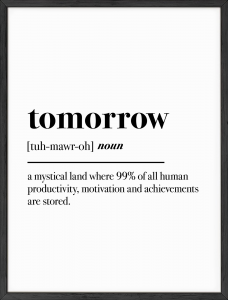Definition of a Joke
A joke is a narrative with a punchline intended to provoke laughter. Jokes are often verbal, but can also be written or emailed. In some cases, a joke may be retold to different audiences and can become part of a “joke cycle.”
Jokes are an important cultural and social phenomenon. Many people are naturally good at telling them and some are natural jokesters. Others struggle to tell jokes and need a lot of practice before they can be considered funny. There are also a number of factors that determine if a joke is deemed funny, including the timing of the joke and the way in which it is told.
One of the most important factors that determines whether a jokes is funny is how it makes people feel when they hear it. Jokes can be funny to anyone, but some people are more sensitive to them than others. For example, some people who are racial minorities or members of minority groups in their professions find it difficult to laugh at jokes that target them. They may feel offended by the joke and be unable to see that it is a joke.

What is the Definition of a Joke?
Other important factors that determine if a joke is funny include how the narrative ends and what the punchline is. The story must have a twist at the end to be funny, and the punchline must be unexpected or absurd. The story should be short, and the punchline should not be obvious or overly complex. Ideally, the punchline should be the last line of the joke and should make sense when compared to the rest of the story.
In addition to determining what makes a joke funny, a theory of jokes can help scholars and academics understand and evaluate them. One of the first modern scholars to investigate jokes was Sigmund Freud, who wrote about his experiences with laughing and jokes. He distinguished between humour and laughter, and noted that there are multiple stimuli to laughing, such as ignorance, derision, acting apology, and tickling.
A common mistake that both philosophers and non-philosophers make is making moral judgments about jokes. For example, some people think that a joke about animal cruelty is immoral because it trivializes the suffering of animals. This type of criticism is flawed because it is based on a category mistake and a logical error. The joke doesn’t endorse the exploitation of animals; it simply uses wordplay to create a funny image.
The same is true of jokes about domestic violence; they don’t endorse violence or undermine the seriousness of intimate partner violence. Rather, they use the same type of wordplay to create an amusing image and entertain. The same is true for jokes about the plight of the elderly or the decrepit nature of society. These jokes aren’t promoting abuse of the elderly or undermining the seriousness of the plight of society. Taking them seriously would be like taking seriously the idea that a tree falling in the forest doesn’t make a sound.